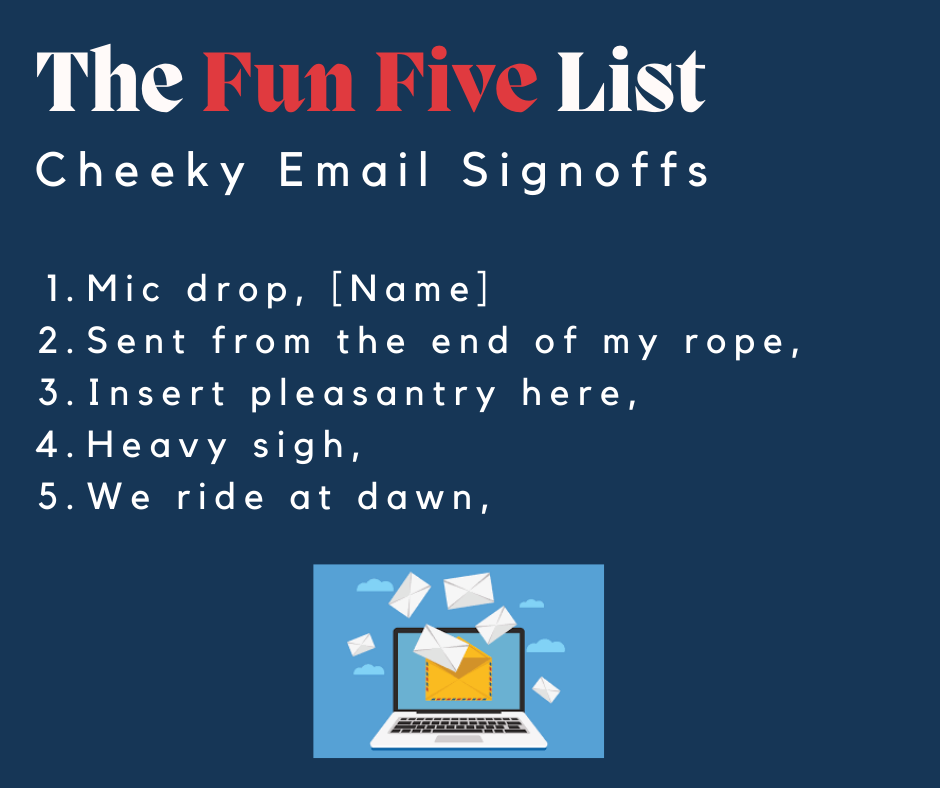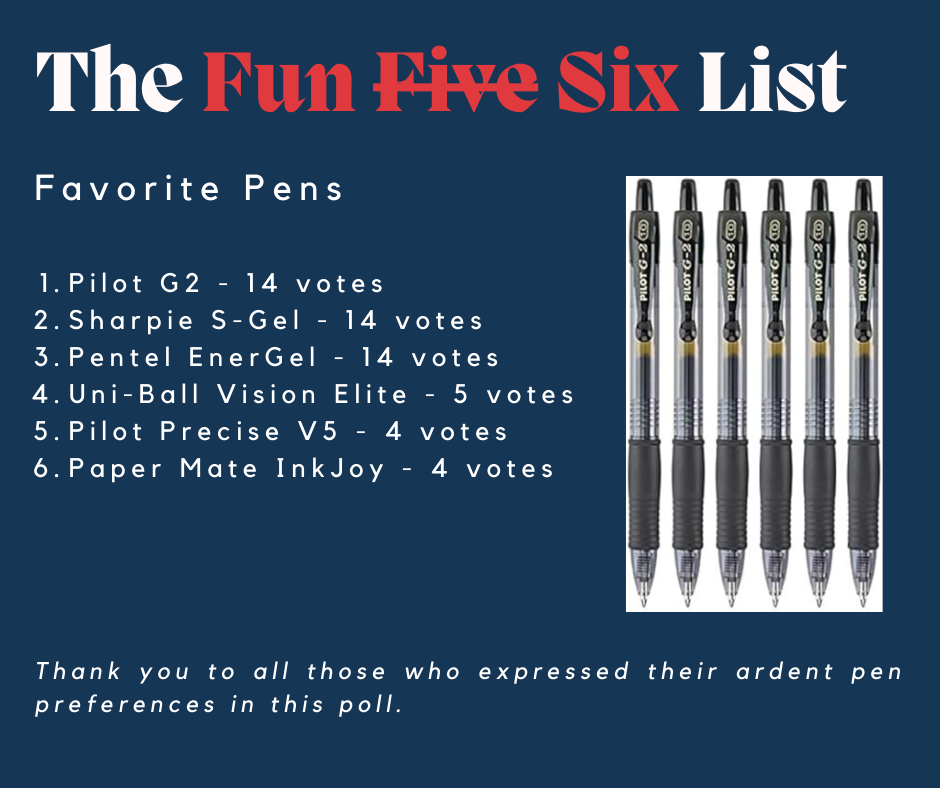The Fun Five List: Cheeky Email Signoffs


We are excited to announce that we've launched a brand new NAPAHE merchandise storefront for our members. Thanks to our partners at Merchloop, NAPAHE members can now order a wider variety of apparel and other goods year-round to show off your membership with pride.

We now offer a collection of professional and casual clothing, as well as a great selection of other items to use at work and at home. Items include men's and women's polo shirts, short- and long-sleeve options, sweatshirts, pull-over and zip-up jackets, coffee mugs, and more. Several color options are available for each item. Be sure to visit our store to see the full selection of over 14 unique products. This new storefront will be available year-round, but if you're planning to order in time for our annual conference, don't delay — order today!

All products typically ship 1-2 weeks after order is placed. Due to the complex nature of made-to-order products, returns or exchanges are not available. See Merchloop's Return, Exchange, and Refund Policy for details.
